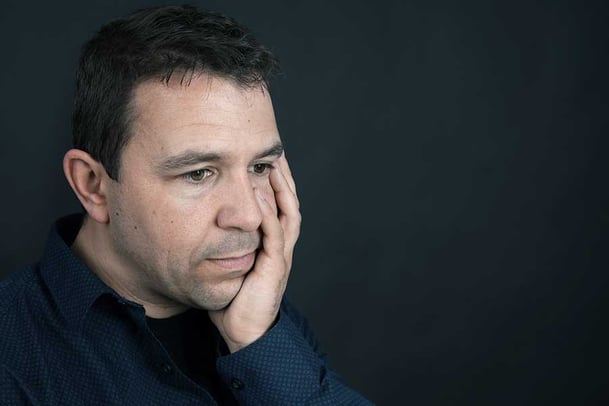
The connection between trauma and the potential for developing addictions in your lifetime is greater than experts previously believed. But understanding what this means can be difficult for individuals. In fact, it’s even difficult for experts. However, the majority of authorities in the behavioral health field agree on a workable trauma definition.
The Trauma Definition that Matters
Most individuals associate traumatic events with physical violence, the exposure to a tragedy at a young age, or similar situations. While these are all conditions that create trauma for a person, they don’t necessarily apply to everyone. In fact, a case qualifies as a traumatic event if it is how you perceived it at the time.
Why It's Important to Recognize Trauma
An event that resulted in a shock for you is genuine trauma. These events have the power to limit your emotional growth to that stage. As your body and mind grow and mature, part of your emotional makeup cannot follow suit. It’s stuck and needs help.
When you don’t recognize that there’s something in your background you need to work through, you might just suppress it. In some situations, someone may tell you to just “get over it” or “move on.” None of these suggestions help. If the trauma occurred during your childhood, adults might have decided not to bring up the issue if you did not. Unfortunately, this also doesn’t help.
When the traumatic experience lingers in the psyche and succeeds in holding part of you back, your adult self rebels. Something isn’t right, but you can't quite put your finger on it. This part of you causes anxiety, and you would like it to stop. At this point, many teens or adults begin to self-medicate.
Drug Use is an Avenue of Self-Medicating
Self-medicating is another word for using alcohol or drugs to quiet the anxiety. When a situation occurs that triggers the unresolved trauma, the fear increases, which means your need to comfort yourself becomes stronger. Drugs, prescriptions, and alcohol are traditional ways of numbing yourself from this anxiety. Over time, you use the drugs in a preemptive way to prevent feeling the fear again.
Getting Help is a Psychological Process
You need to help the younger part of you that is stuck get unstuck. At The Clearing, our substance abuse programs offer effective methods, which include:
- Gestalt Therapy, which allows the unresolved trauma undergo a resolution
- Neuro-Linguistic Programming for a cohesive approach to behavior modification
- Progressively building program strategies that foster individual and group growth to build on
- One-on-one therapy as a cornerstone for self-discovery and the development of self-counseling skills
Don’t let unresolved trauma continue to affect the way you perceive reality today. If you’ve been trying to heal yourself with drugs or alcohol, there’s real help available. Call 425-275-8600 right now to start the intake process.


